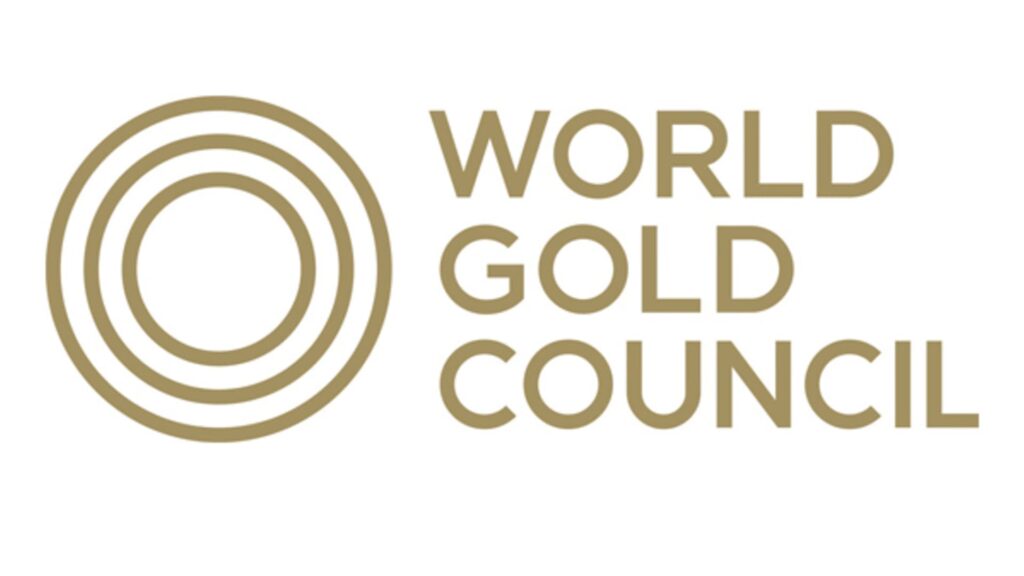
Mumbai: India’s ban on high-value cash transactions could damage rural gold demand or spur growth in the black market, the World Gold Council (WGC) warned.
From April 1, the government will cap cash purchases at $4,493 (INR 300,000) as it continues its attempts to transform the nation’s economy into one based more on electronic transactions.
“This will have the greatest impact in rural India, where people do not necessarily have access to checks and electronic payments,” the WGC said in a market update Wednesday.
Even so, the ban on large cash deals could merely impact jewelry buyers’ shopping habits rather than force them to spend less overall.
“It could curb gold purchases, it could just encourage gold shoppers to buy smaller amounts of gold spread over more transactions,” the WGC added. “Or it could push a large part of demand underground and encourage growth in the black market.”
The prohibition will be going into effect less than six months after the government announced its demonetization policy to invalidate INR 500 and INR 1,000 currency notes. The move took about $220 billion out of the market and sapped liquidity mostly from smaller and medium-sized jewelers that trade in cash.
However, the gradual shift to cashless payments will benefit the gold market in the long term, the council predicted.
“Over time, consumers will move away from cash towards digital payments, and organized players should benefit from this trend,” it said. “This change in market dynamics will result in more transparency and a better deal for consumers, protecting them from shady practices such as under-carating.”



